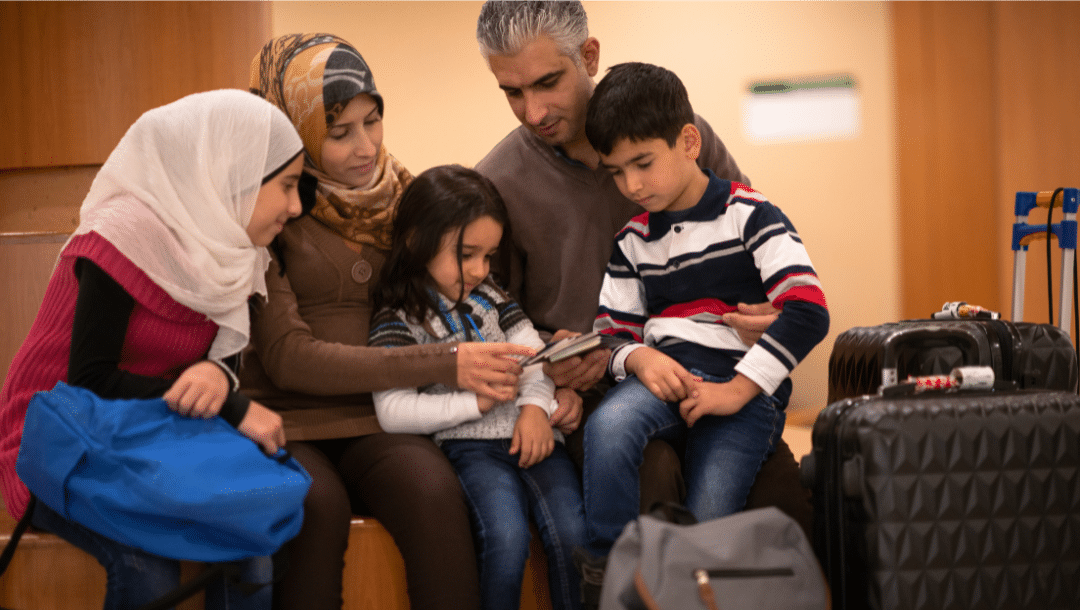- Call us: +1-905-306-7474
- inquiry@example.com

Canada recognizes the value of familial and spousal support for its citizens and residents, and as such, the Family Class Immigration and Spousal Sponsorship processes are simplified and have fewer requirements compared to other immigration streams. There is no annual limit on the number of applications accepted by Immigration, Refugees and Citizenship Canada (IRCC).
As a Canadian citizen or permanent resident living in Canada, you may apply to sponsor your spouse, common-law partner, children, parents, and/or grandparents. The following list includes programs that prioritize reuniting family members. It is possible to sponsor multiple relatives or groups of relatives, as long as three years have passed since sponsoring the previous relative and all sponsorship requirements are still met.
To be eligible to sponsor a spouse or common-law partner for permanent residence in Canada, both the Canadian citizen or permanent resident and the foreign national must be approved by Immigration, Refugees, and Citizenship Canada (IRCC) during the application process. The relationship between the sponsor and the sponsored individual must also be classified as one of three categories as determined by Canadian immigration regulations.
To sponsor a relative for permanent residence in Canada, the sponsor must be a Canadian citizen or permanent resident aged 18 or older, capable of demonstrating that they are able to financially support the sponsored individual and not reliant on social assistance (unless due to disability). Canadian citizens living abroad must also show that they intend to reside in Canada once the sponsored relative becomes a permanent resident.
A Canadian citizen or permanent resident may sponsor a spouse or common-law partner for permanent residence in Canada under the spousal sponsorship category, subject to meeting certain requirements.
If you are sponsoring a spouse or common-law partner, their dependent children must also be included in the application. It is worth noting that Canadian citizens are not eligible to be sponsored and if you had a child after becoming a Canadian citizen, they may already be a Canadian citizen.
An individual is considered a dependent if he or she:
A Canadian or permanent resident can sponsor a dependent, providing that they meet these requirements:
If you would like your relatives to visit you in Canada but do not want them to permanently relocate here, you can apply for a Super Visa. This multi-entry visa allows the holder to enter Canada multiple times over a period of 10 years. For more information on the Super Visa application process, please visit our Super Visa page.
To sponsor a relative for permanent residence in Canada, the sponsor must be a Canadian citizen or permanent resident aged 18 or older, capable of demonstrating that they are able to financially support the sponsored individual and not reliant on social assistance (unless due to disability). Canadian citizens living abroad must also show that they intend to reside in Canada once the sponsored relative becomes a permanent resident.
Enter your email address to get latest updates and offers from us. Also some Discount coupons.

